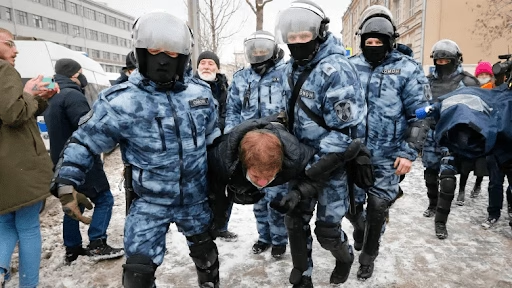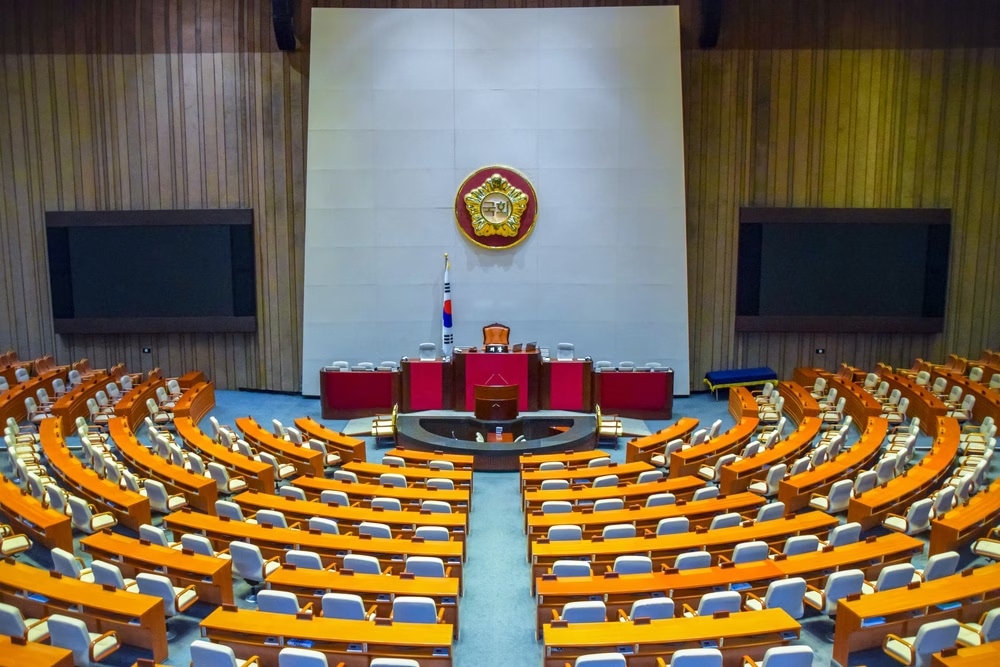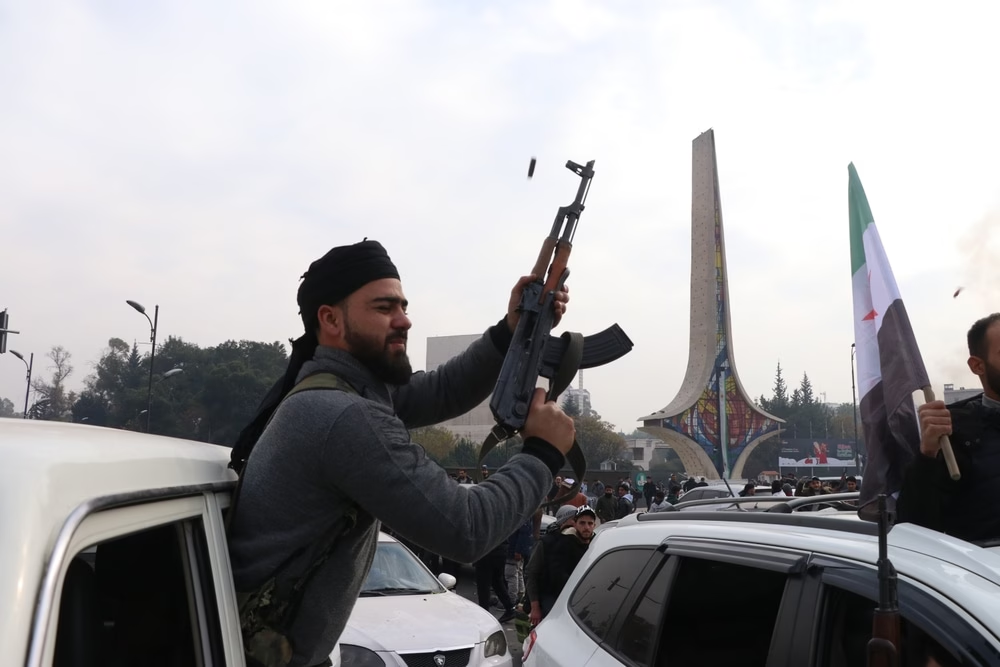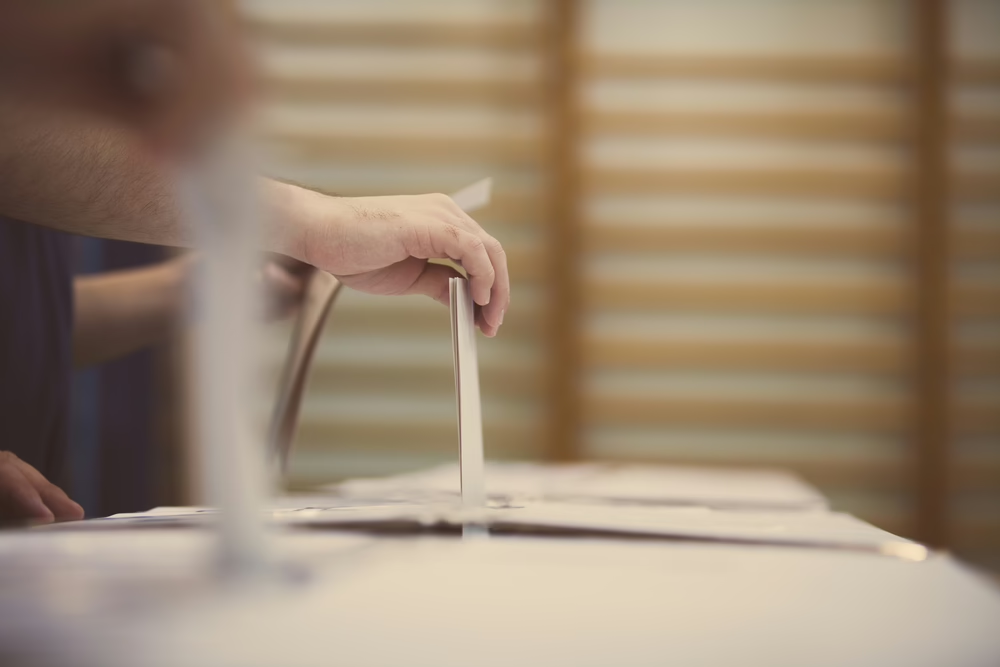Massive protests against the arrest and imprisonment of opposition leader Alexei Navalny once again rocked Russia over the weekend, as it became increasingly clear that the Kremlin would do anything in its power to quell the growing opposition movement it sees as an existential threat to Putin’s regime. Tens of thousands took to the streets on Sunday, overcoming a huge law enforcement presence and police brutality. And on Tuesday, after Russian authorities sentenced Navalny, the Russian people once again returned to the streets in solidarity with the detained pro-democracy leader.
In response, the state implemented unprecedented measures to discourage protests. In Moscow, businesses were ordered closed, subway stations near the capital shut down, and pedestrian and vehicular traffic was heavily restricted. Hundreds of videos show officers dragging and beating a large number of peaceful demonstrators with tasers and clubs, leaving many bloody and badly injured.
In total, the authorities detained over 7,100 people during this week’s protests, mostly at random—the highest number of arrests recorded by monitoring groups in at least a decade, and around 3,000 more than last week. According to Amnesty International, so many citizens were arrested on Sunday that the state ran out of jail cells to hold them all.
Among those detained were at least 93 journalists, some specifically targeted for their posts on social media. By Tuesday, Leonid Volkov, the acting head of Navalny’s political organization, reported that half of his staff—about ninety people—were under arrest.
1. What happened at Navalny’s hearing on Tuesday?
Vehicles with diplomatic plates lined the street as the trial began, reflecting international attention and outrage.
Navalny, appearing in good health and spirits, delivered an impassioned speech to the court criticizing the actions of Putin and his regime. “The main reason this is happening,” Navalny said, “is to scare a huge number of people. One person is jailed to scare millions.”
As widely expected, the judge ruled that Navalny did violate his parole (by failing to report while in a coma in Germany) and sentenced him to serve 2.5 years in a prison colony—the remainder of his original 3.5 years prison sentence.
Thousands quickly mobilized to protest the ruling. Crowds marched through the capital, chanting “Russia without Putin!” Hundreds of riot police blockaded Moscow’s Manezhnaya Square, detaining over 1,000 people in Moscow alone.
This most recent injustice has only further enraged the Russian people. As Navalny said at his hearing, “Hundreds of thousands cannot be locked up… When they recognize this — and that moment will come — all of this will fall apart, because you cannot lock up the whole country.”
2. What has the United States done so far—and what remains to be done?
- One day after Navalny’s arrest, the U.S announced sanctionson a Russian ship involved in constructing the controversial Nord Stream 2, an important undersea pipeline running from Russia to Europe.
- Key members of the Biden Administration have publicly condemned Navalny’s jailing and the persecution of his supporters, including Secretary of State Antony Blinken and National Security Advisor Jake Sullivan.
- In Biden’s first call to Putin last week, the U.S president reportedly called for Navalny’s “immediate release.”
This isn’t enough. The US should immediately implement direct sanctions on those involved in Navalny’s persecution.
We can do so by applying the Magnitsky act to all 35 individuals identified by Navalny’s team as aiding and abetting his poisoning and detainment. This will allow us to freeze the assets of those responsible and impose travel bans on them and their families.
Though not as broad, Senator Mitt Romney’s bill authorizing sanctions on Russian officials involved in Navalny’s poisoning would also be a good starting point.
A rapid and decisive economic and diplomatic response is vital. We must stand by the Russian people in their growing calls for freedom, showing Putin he cannot sustain his power through force alone.






